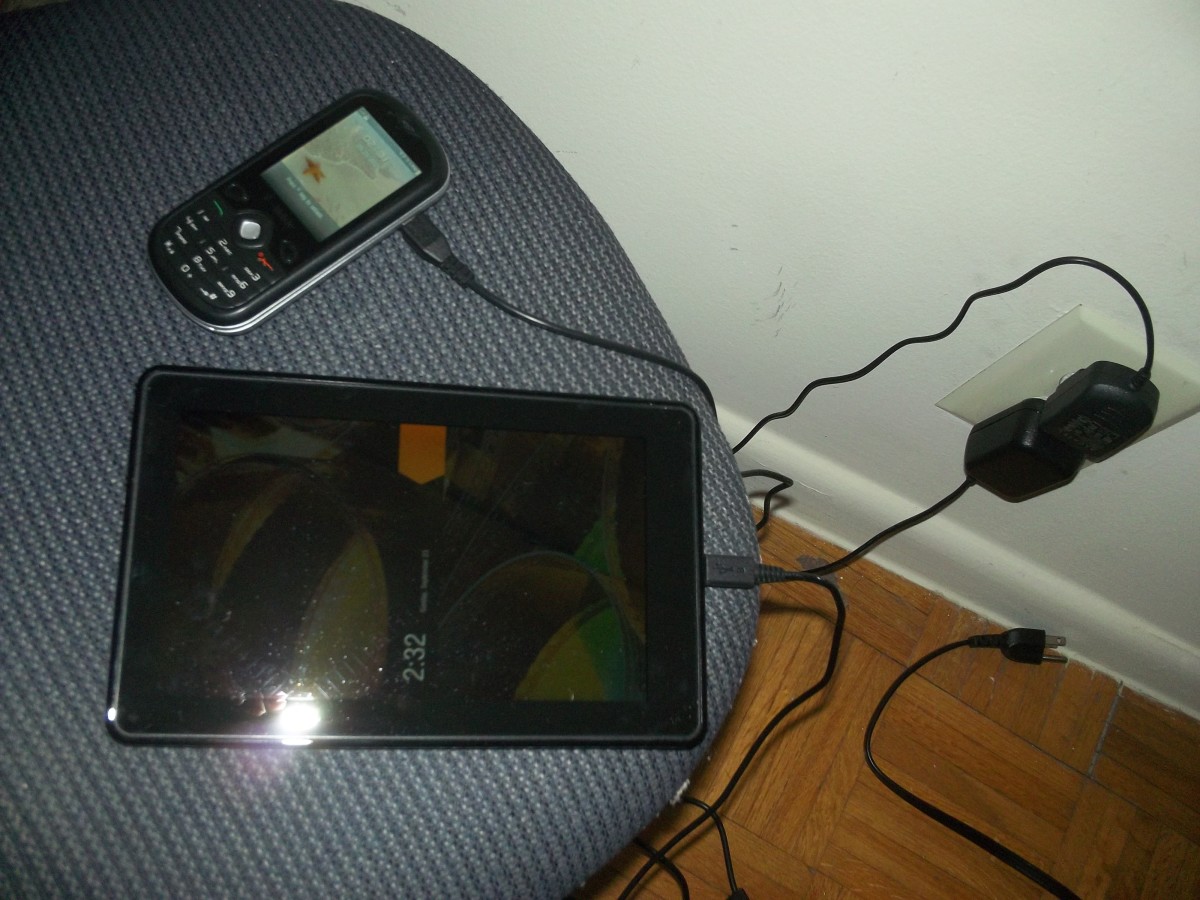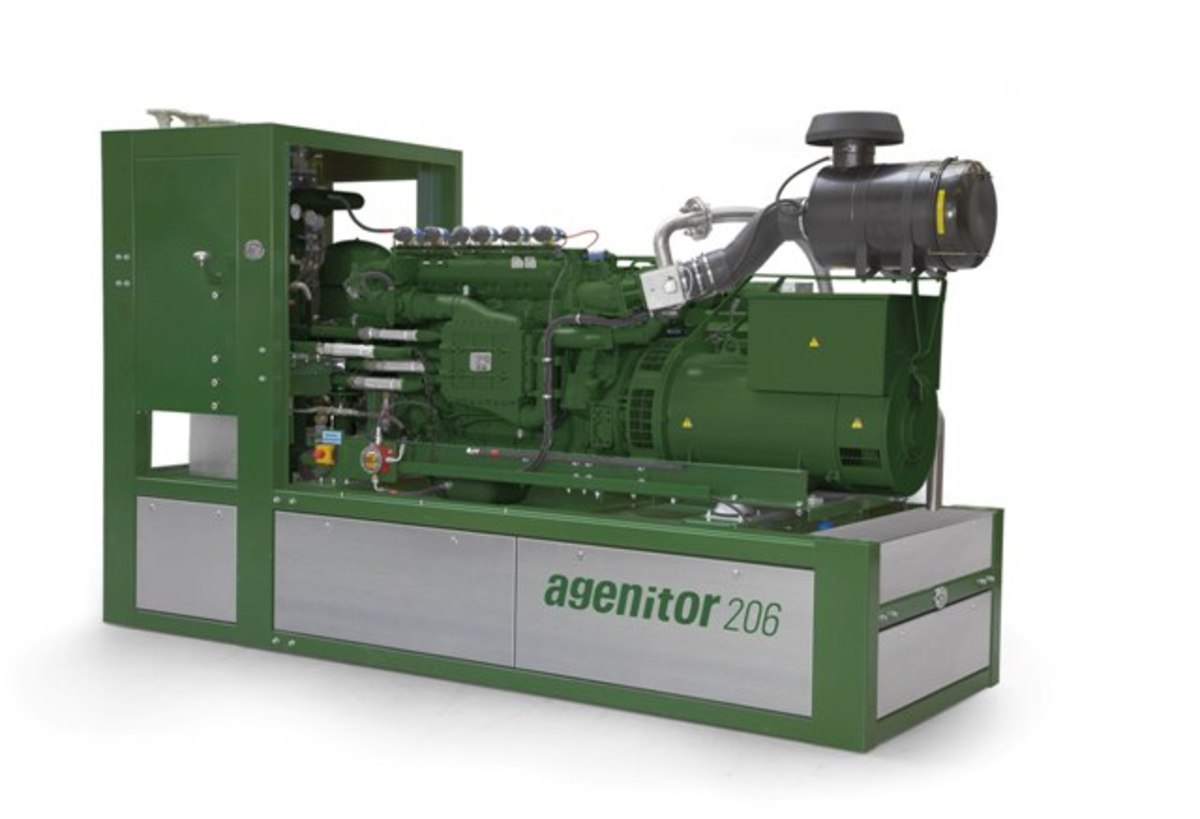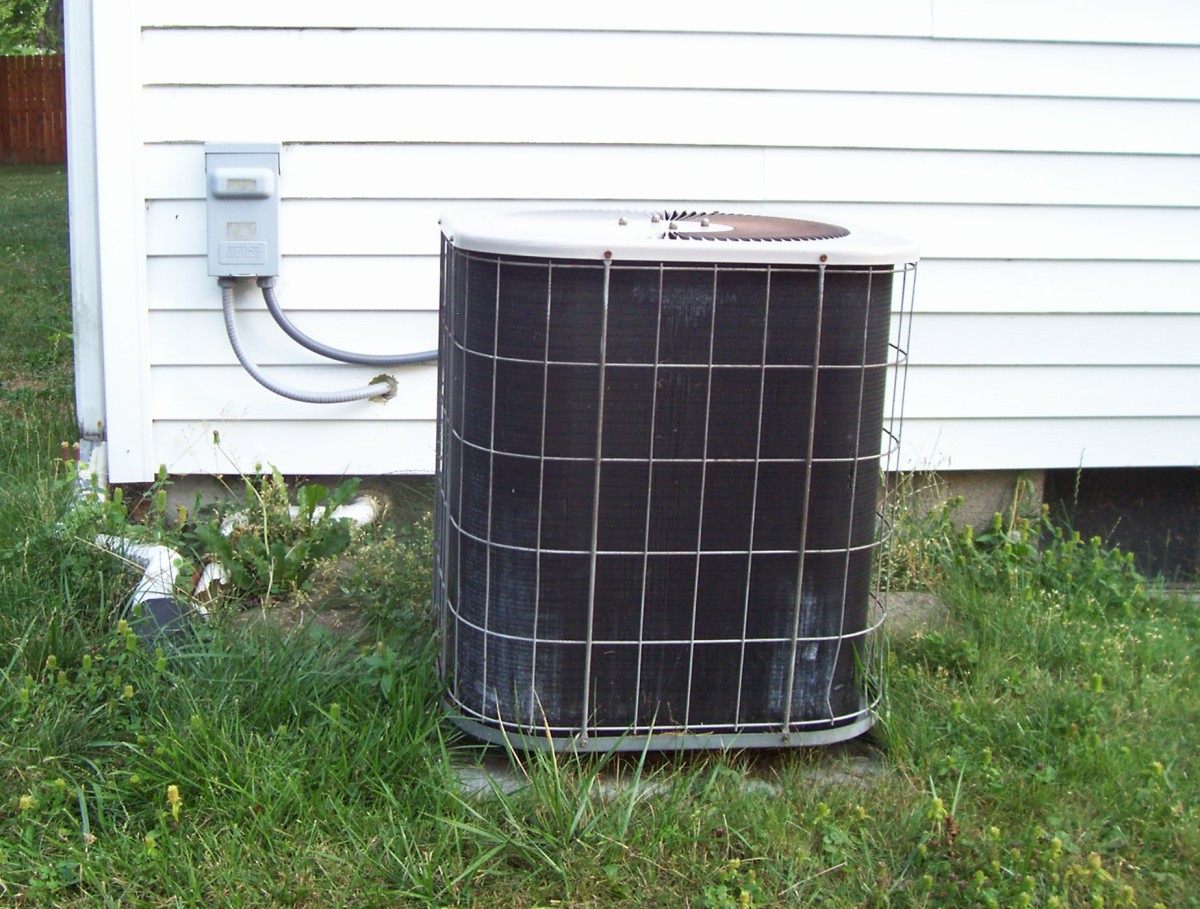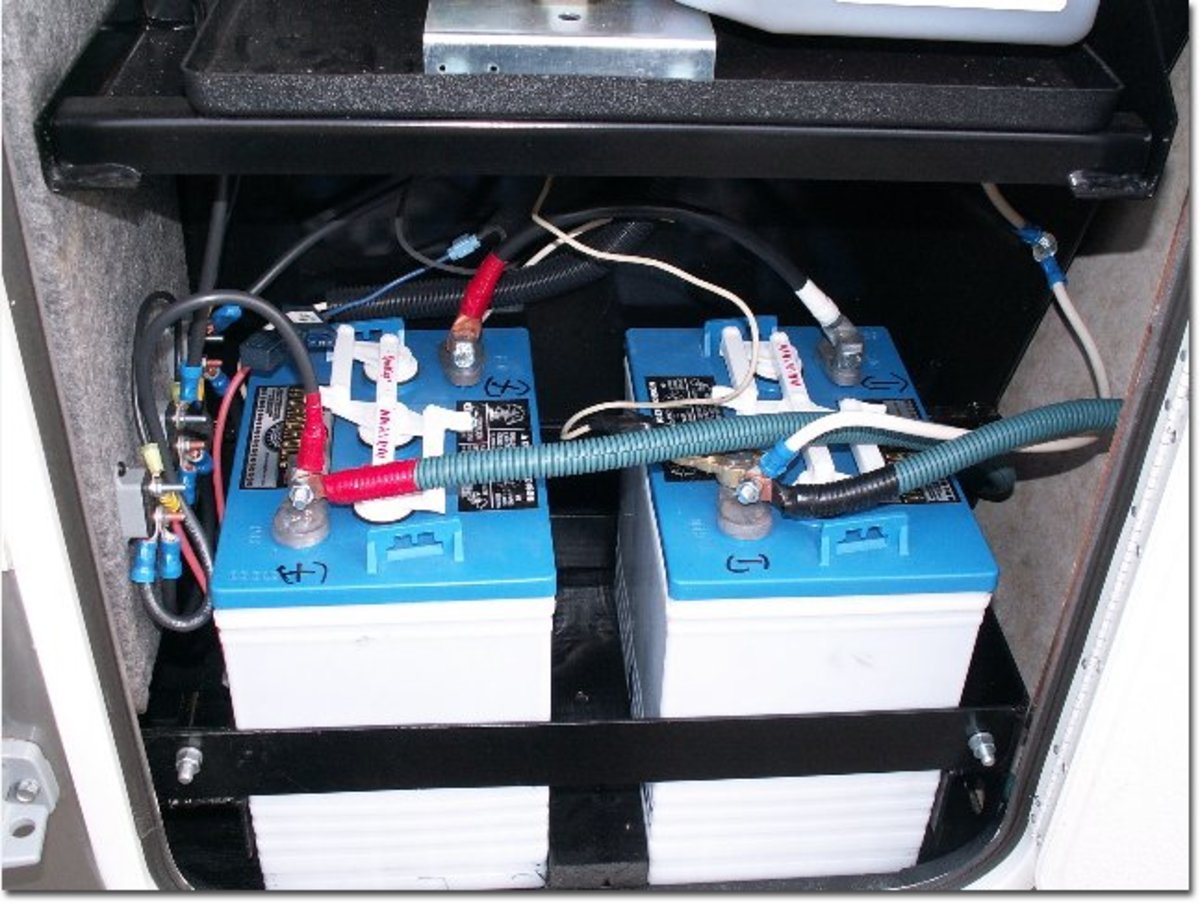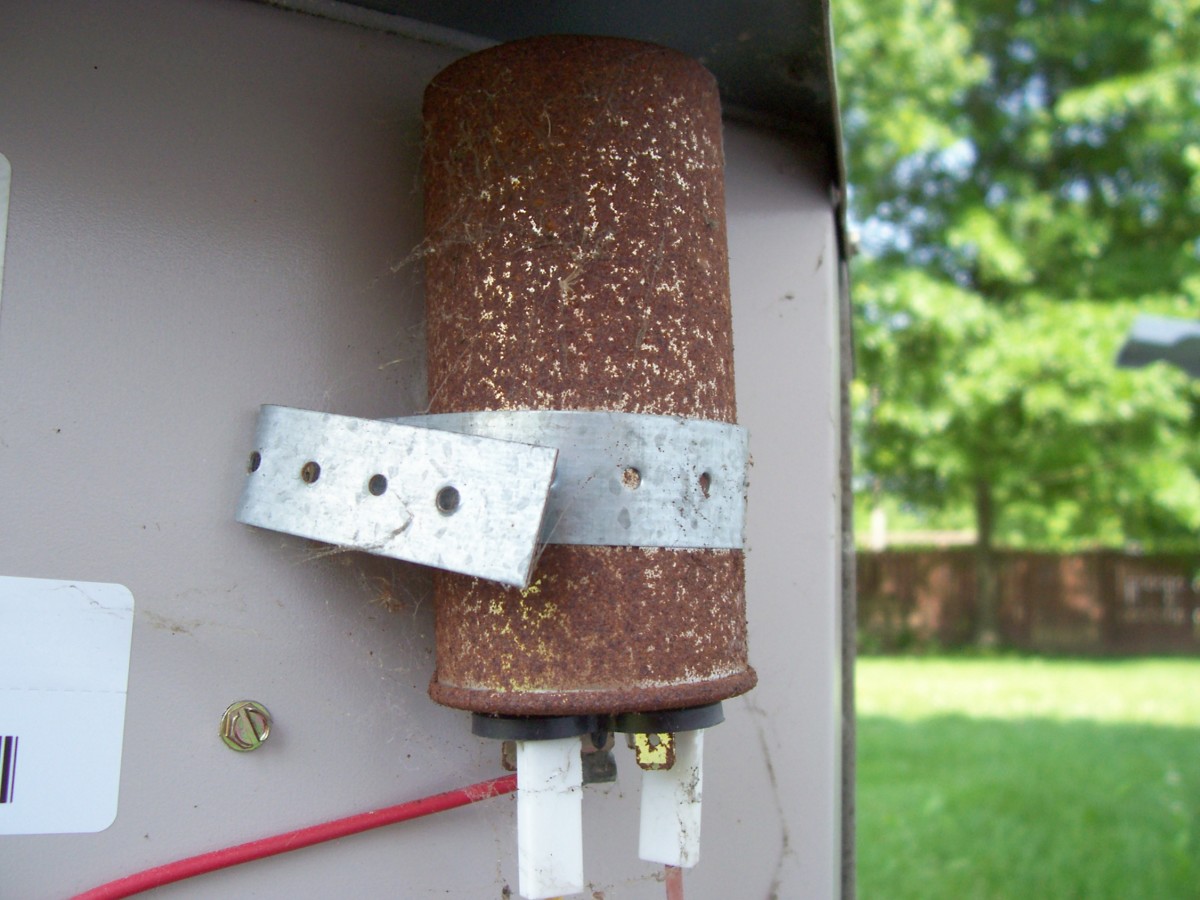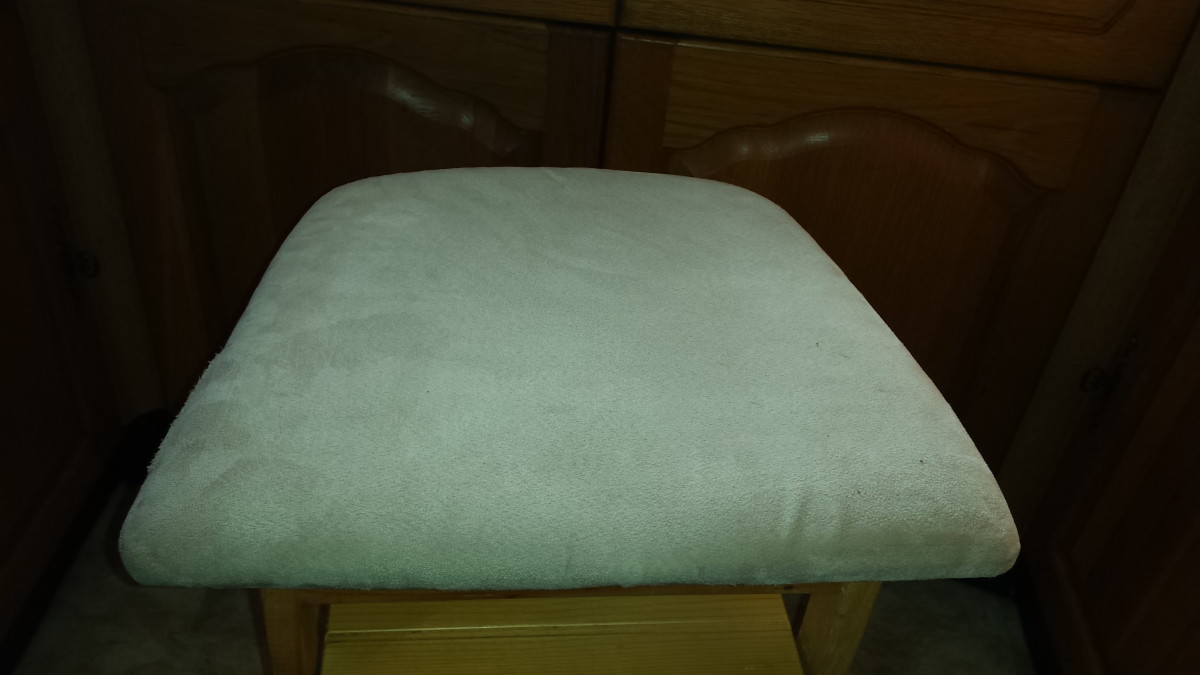- HubPages»
- Personal Finance»
- Frugal Living»
- Household Expenses
17 ways to Save Money on Power Bills
A Money Black Hole
The cost of power is without a doubt one of the biggest expenses in the household budget. As power prices continue to rise around the globe, each utility bill brings dread to every household. Fortunately, there are a range of ways that you can attempt to lower your household power bill and keep up with rising costs, without having to live in the dark.
Save money on your power bills

1. Change Utility Providers
There are a wide range of utility providers on the market at the moment. If you are unhappy with your current provider, see if an alternative supplier can give you a better deal. Be sure to check with your current provider if you are on a contract, and watch out for exit fees they may want to charge you. If there are exit fees involved, see if a new provider will pay them for you as an incentive to get you to change over.
Money saving power points
What change have you made that's had the biggest effect on your power bill?
2. Check Your Utility Contract
Often when you sign up with a utilities provider, they only offer discounts to new customers for the first twelve months of the contract. Discounts may include a paying via direct debit discount, a dual utilities discount (electricity and gas), a new customer discount and a discounted rate for being on a contract. After the initial contract period, your bill will most likely increase as the discounts will automatically stop. If you call your provider before your contract ends, see what deal you can negotiate to maintain the current price you are paying, if not shop around with other utility providers and look for a better deal.
3. Avoid Using Electricity at Peak Times
Most electricity companies operate with peak and off peak periods. Peak electricity use generally occurs between 4pm and 8pm. The more power you use in this time period the higher your bill is likely to be. Try to avoid non-essential use of appliances in this time. For example put your loads of washing on before going to bed or first thing in the morning, rather than running it during the peak evening period.
4. Use Energy Efficient Light Bulbs
It’s getting easier to find good quality energy efficient light bulbs these days – there is a much wider range available compared to the days when the harsh fluorescent was the only energy efficient option. These bulbs not only burn less power, but they last a lot longer too. Remember to turn off the lights when you are not in the room too, this will also save you from needlessly burning power.
Save money on lighting
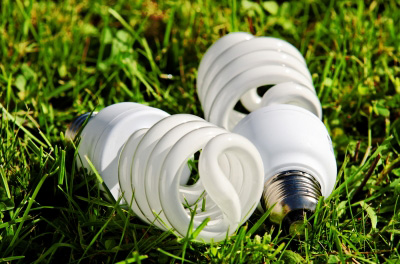
5.Switch Off and Unplug
Fifty years ago, or even ten years ago there was nowhere near as much technology in the home as there is now. Most appliances in the home are plugged in and on stand-by when they are not in use. Stand by power is a needless use of electricity, and contributes to 5-10% of household electricity bills. So turn off (at the wall) and unplug anything you aren’t actually using wherever possible.
6. Rug Up to Keep Warm
In winter, rather than turning on the heater at the first sign of cooler weather, put on multiple layers, sleep with extra blankets and make sure all the cracks under the doors are sealed to keep the cool air out. If you do have the heater on, this will also help keep the warm air in, cooling your home more efficiently.
7. Stay Cool in the Heat
Similarly, in warm weather, turning on the air conditioning as soon as it warms up is going to dramatically increase your power costs. Wear cool clothing made from light fabrics such as cotton; open windows to let breezes in and close blinds and curtains to keep the heat from the sun out. Use fans where possible, as they use far less power than an air conditioner. Putting a damp washer in the fridge and allowing it to get cold, and then draping it around the back of your neck is a good way to stay cool in warm weather, provided you do not mind if the collar of your shirt gets wet!
8. Use Your Air Conditioner Wisely
When you are using your air conditioner, being smart about how you use it can have a significant effect on your power bill. Before turning on your air conditioner, close all doors and windows to the area you want to cool. Cover up any cracks under doors where the air may escape. Close curtains and blinds to keep the sun’s rays out of the room. Set the thermostat to 24 degrees Celsius. Every degree lower uses 10% more power, and doesn’t make that much of a difference to the room temperature. After having the air conditioner on for a while, sometimes you may find it can actually be turned off for an hour or two and the room will stay quite cool, provided doors and windows stay closed. Turning a fan on at this point can help to circulate the air. Maintaining your air conditioner and having it serviced each year are important to help ensure it runs at maximum efficiency.
Air Conditioners - use wisely to save money
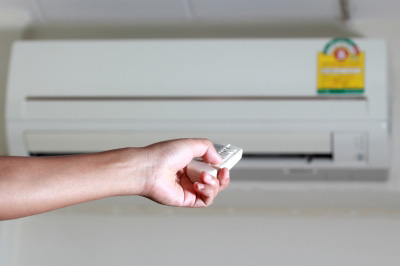
9. Use the Sun to Dry Your Clothes
Having a drier is great to have as a stand by in case it is pouring with rain and your clothes are not going to get dry outside. Otherwise, there really is no need to use a drier when the cheapest way to dry clothes is to hang them on a clothes line in the sun. Even on bleak days, most clothes will line dry in the shade if given enough time. If you live in a climate where you get a lot of rain, line drying indoors can be effective as well.
10. Consider Solar Power
If you own your own home and you are not planning on moving for a considerable amount of time then it may be worthwhile considering installing solar panels. The cost of installing solar panels is expensive ; and the costs are recuperated over the longer term as some homes can become completely self sufficient and generate their own power. Only consider solar power if you going to be living in your home for long enough to get a return on your initial investment.
11. Be Smarter in the Kitchen
Using your microwave to cook meals uses considerably less power than the oven. When you do have to use the oven, cook a big batch so you have enough for leftovers that you can freeze and then microwave on another occasion. If you are cooking with pots, keep the lids on to allow for faster cooking. If you have a dishwasher, wait until you have a full load before turning it on.
12. Buy Energy Efficient Appliances
These appliances may cost a little bit more initially, but they will be cheaper to use in the long run. The bigger the appliance, the more important it is to consider energy efficiency as these are the appliances that drain the most power. When buying fridges, washing machines or air conditioners; the energy efficiency of the product you are buying should be a factor you consider when making your decision if you want to save money on power bills.
13. Wash Your Clothes in Cold Water
If you wait until you have a full load of washing before using your machine, and if you only wash your clothes in cold water this will help to reduce your power costs. With modern detergents, hot water isn’t really necessary, and can be reserved for only the toughest of stains. If you do want to use hot water, wait until you have a full load and use the shortest length cycle.
14. Take Shorter Showers
Spending less time in the shower not only helps reduce your power bill, but will also help you to save money on your water bill as well.
15. Ensure Your Fridge Runs Efficiently
Your fridge is always on, making it one of the biggest power drains in the household. Set the fridge to between 4 and 5 degrees Celsius and set the freezer to -11 to -18 degrees Celsius. Keep your fridge well stocked (not overstocked), as this helps it to cool efficiently. If you have more than one fridge, only turn on the second fridge when you really need to. Some really old fridges that have been in the family for years may be worth updating, as the running costs of these fridges can be huge, as they were designed in an era when “energy efficiency” was not something to be concerned about.
16. Ensure Your Home is Correctly Insulated
Having the correct type of insulation installed in your roof can make a big difference to how warm or cool you home feels, depending on the climate in which you live. Correct insulation means that you will be less likely to feel the need to turn on the heating or air conditioner as the temperature changes outside. It’s best to get advice from a professional for this type of work.
17. Check Your Eligibility for Rebates and Incentives
Many countries have incentives for using energy efficient appliances or using solar power. Check with your local authority and your utilities provider as to which what incentives you may be eligible for.
These are just some of the many ways that you can save money on your power bills with a little effort. It may not seem like much but over time, these little things definitely add up. The price of power is unlikely to fall any time soon, so getting into the habit of behaving in energy-smart ways just makes good sense.
For Further Information
- Top 10 ways to save power | Take charge of your power bill - Switch On Victoria
Switch On provides ten 10 easy ways to save energy in your household, and take charge of your power bill during colder months. - 11 Ways To Save Money On Your Electricity Bill - Personal Money

